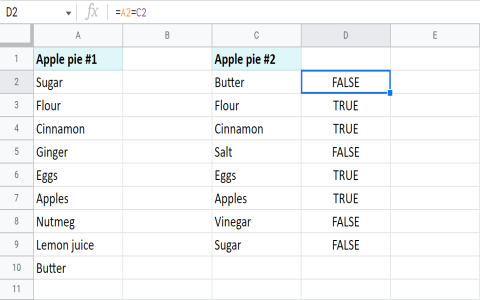So, the other day, this question popped into my head – “what was Izzy’s credit score?” Now, right off the bat, I knew getting the actual number for someone else is a no-go. That’s private stuff, seriously private.

My First Thoughts
My brain immediately went, “Hold on, you can’t just look up someone’s score.” It’s not like checking the weather. Accessing that kind of personal financial data without permission? Not legal, not cool. So, the initial goal shifted. It wasn’t about finding the specific number anymore. It became more of a thought exercise: what things could give you a hint about someone’s general creditworthiness, using “Izzy” as just a hypothetical example?
Thinking About Clues (Generally Speaking)
I started thinking about the kind of public breadcrumbs people leave, not in a creepy way, but just stuff people naturally share or that’s generally observable. Things like:
- Lifestyle Hints: Does someone talk about big spending, or are they more frugal? Do they mention struggling with bills or seem financially comfortable? (Again, purely speculative based on casual observation or conversation, not digging).
- Big Life Steps: Did they just buy a house or a new car? Sometimes those things suggest they qualified for loans, which often requires decent credit.
- Job Situation: A stable job history can sometimes correlate with financial stability, though not always directly with a score.
But honestly, these are super vague clues. You can’t really guess a score from them.
Switching Gears: What REALLY Makes a Score?
Realizing guessing was pointless and kinda weird, I pivoted to thinking about what actually builds or tanks a credit score for anyone. This felt more productive. I went back to the basics I’ve learned over the years:
- Paying Bills On Time: This is the big one. History of consistent, timely payments is key.
- How Much Debt You Carry: Especially on credit cards. Using a high percentage of your available credit (high utilization) usually hurts your score.
- How Long You’ve Had Credit: Older accounts in good standing generally help.
- Different Types of Credit: Having a mix (like credit cards, maybe a car loan or mortgage) can be better than just having one type.
- Applying for New Credit: Opening lots of new accounts in a short time can temporarily lower a score.
Connecting Back (Loosely)
So, thinking about this hypothetical “Izzy” through this lens was different. If Izzy generally seemed responsible, mentioned always paying bills promptly, didn’t seem drowning in debt – you could speculate they probably have a decent score. If they often complained about collection calls or maxed-out cards, you’d guess the opposite. But it’s still just a guess based on general principles.

The Real Takeaway
At the end of this little mental exercise, the conclusion was clear. Finding out Izzy’s specific credit score? Impossible, and frankly, none of my business. The valuable part was revisiting the core factors that influence any credit score. It was a good reminder for myself about managing my own credit responsibly. Thinking about “Izzy’s score” just became a roundabout way to refresh my understanding of how credit works for everyone.



